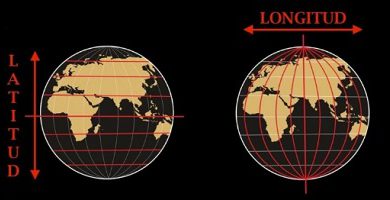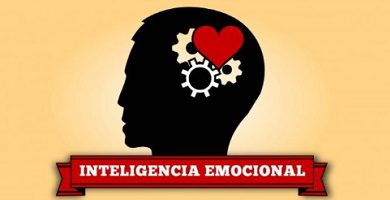What is racism?
We explain what is racism definition and what types of racism exist. In addition, what is its relationship with discrimination and what is a prejudice.
-
What is racism definition?
Racism means a way of thinking that automatically approves or rejects an individual, without giving himself to the task of knowing him or knowing who he is, only depending on whether he belongs to one or another race. That is, a form of preference, segregation or exclusion based on skin color , ethnic lineage or cultural background.
Racism usually leads to discriminatory practices , such as the granting of privileges (social, economic, legal, etc.) to one race over another, or the refusal to associate with people from other ethnicities.
All this is known as racial discrimination and is part of the hate crimes typified in numerous international conventions that pursue equality between people.
This is also due to the long history of racism that humanity has starred since ancient times, and that reaches moments of real terror in episodes such as the enslavement of the African continent and its descendants by European empires, or ethnic cleansing. that the German Nazi regime tried to carry out during World War II , to name just two cases.
The fight against racism occurs at different levels, both community and state or international; In fact, the United Nations Organization adopted since 1965 the International Convention on the Elimination of All Forms of Racial Discrimination, celebrating March 21 as the International Day for the Elimination of Racial Discrimination.
Racism is a concept closely related to xenophobia , although they are not precisely synonyms. In addition, racism can occur from the color of the skin, the shape of the factions or even more elaborate and difficult to express criteria.
-
Types of racism

There are many ways to express racism, such as:
- Cultural racism . It is called that when you reject or denigrate the traditions from an ethnic group considered “inferior” or “bad”, advocating a “pure” culture. The irony is that no culture is really pure, but that it is the result of historical processes of assimilation and mixing that today are undetectable.
- Institutional racism . There is talk of institutional racism when the institutions of the State operate on racial discrimination, ie when justice acts differently according to the skin color of the citizen , or when racist practices are internalized and normalized within the police, as It occurs in certain US states.
- Reverse racism or racial discrimination “positiv a “ . It occurs when an individual belonging to the majority ethnicity is discriminated, that is, who is not normally discriminated against, or also when privileges are given to an individual belonging to a discriminated ethnicity, as compensation for belonging to it. For example, when university quotas are granted for members of an ethnic group only.
- Aversive racism . This term is used to name subtle racism and xenophobia, concealed within positions supposedly contrary to conventional racism. It can be considered a form of unconscious racism, since the individual may not consciously want to be, but certain unconscious actions betray his discomfort or coldness towards members of other races.
- Racism hidden . Hidden racism is a non-explicit discriminatory form that legitimizes and extends racism indirectly, often disguising its arguments of pseudosciences, political reasons or social judgments that apparently are not racist but “objective”, but hide a form of exclusive thought.
-
Racism and discrimination

Racism is perhaps one of the most common forms of discrimination that exist in human society, even today. But it is not the only one. Other forms of segregation of the different include:
- Xenophobia . Hatred, fear or contempt for individuals from abroad, for their traditions or their way of speaking, in short, the rejection of coexistence with those who come from other parts of the planet.
- Homophobia . The rejection or hatred of homosexual persons or the very existence of homosexual relationships, calling them ominous, perverse, counternatural, etc., to the point of denying rights or violating thephysical or moral integrity of persons with such sexual orientation.
- Religious discrimination . It is based on the adhesion of a person to one or another religion, as a reason to discriminate or endorse their actions, their rights or their existence. For example, in the wake of terrorist attacks by Islamic fanatical groups in the West, the entire religion and its terrorist practitioners are often branded.
-
Prejudice

A prejudice, on the other hand, is as indicated by its name ( pre , “before”; judgment “opinion, evaluation”), an opinion, evaluation or position on a subject, a human group or a way of thinking, which It is assumed input and long before even coming into contact with it.
In other words, prejudiced people have precepts formed with respect to ideas, places or people that they don’t know , but that they assume as certain of entry. It is one of the many forms of ignorance, from which none of us escapes.





